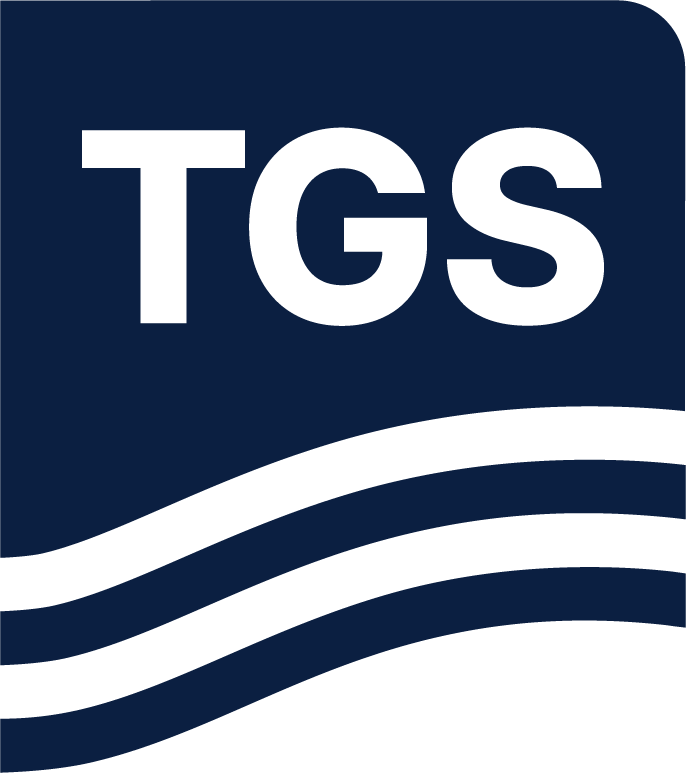Paper Summary
We are incredibly proud to report that 47.4 metric tons of marine debris was recovered during TGS field operations in 2024. To help visualize the quantity of rope, nets and assorted fishing gear recovered, it's comparable to the weight of about 31 average cars stacked together, or (if you have ever been on Safari) 7-8 adult male African Bull elephants! This achievement is part of our contribution to the EnerGeo Alliance's Sustainable Seas Initiative (formerly known as Ghost Net Initiative).
The term "ghost nets" refers to abandoned fishing gear. These floating islands of debris drift through the water, threatening marine life and ecosystems. Ghost nets are typically made of non-biodegradable materials like nylon and can entangle and kill various marine species. They can also smother coral reefs, damage shorelines and pose risks to vessel navigation.
Marine debris is sometimes caught on our in-sea equipment and requires crews to retrieve the equipment (e.g., streamers) out of the water and potentially untangle anything that was caught. Depending on the survey area and amount of marine debris, this can cost us downtime, survey delays and even damage our equipment. To avoid this operational impact, the debris can sometimes be spotted in advance and be recovered by a support vessel. Once recovered, the debris is mostly offloaded at port for disposal, but sometimes it can be incinerated onboard. When recovering marine debris, the safety of our crews and equipment remains a top priority.

To give this threat a real face, the photo above shows a turtle trapped in a floating fishing buoy. (This image is courtesy of a TGS workboat crew that rescued it during a job in Angola in 2024); and, below are images of another rescue from a workboat conducting streamer maintenance on the Ramform Sovereign.

This is the fourth year since TGS began to track marine debris recovered during seismic operations. TGS helps support cleaner oceans and a more sustainable future by participating in and reporting on global initiatives like this.
On behalf of TGS, thank you to the marine field crews that support this program - your debris recovery efforts are having a positive impact on our oceans!

